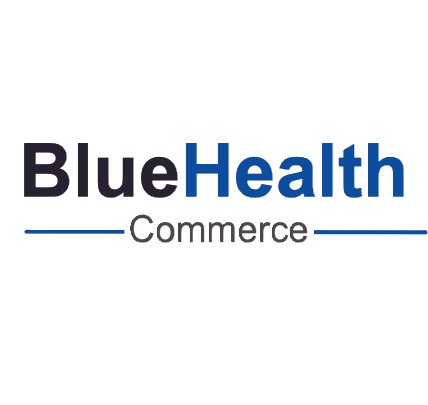Overview of Healthcare Supply Chain Solutions
Efficient healthcare supply chain solutions are crucial for ensuring the seamless delivery of medical supplies and equipment. By optimizing these processes, healthcare organizations can provide better care to patients while maintaining cost-effectiveness.
Importance of Efficient Supply Chain in Healthcare
An efficient supply chain in healthcare is essential for several reasons. It ensures that medical supplies and equipment are readily available when needed, minimizing delays in patient care. This efficiency also helps in managing costs and reducing waste, which is critical for maintaining the financial health of healthcare institutions.
Key benefits of efficient healthcare supply chains include:
- Timely Delivery: Ensures that critical medical supplies reach their destinations without delay.
- Cost Savings: Reduces excess inventory and associated holding costs.
- Improved Patient Care: Ensures the availability of essential supplies, thereby improving treatment outcomes.
| Benefit | Description |
|---|---|
| Timely Delivery | Reduces delays, improving patient outcomes |
| Cost Savings | Minimizes excess inventory and reduces holding costs |
| Improved Patient Care | Ensures critical supplies are available when needed |
Challenges Faced in Healthcare Supply Chain Management
Managing the healthcare supply chain is fraught with challenges that can affect efficiency and reliability. These challenges include:
- Complexity: The healthcare supply chain involves multiple layers and stakeholders, making coordination difficult.
- Regulatory Compliance: Ensuring that all supplies and equipment meet stringent regulatory standards.
- Transparency: Lack of visibility into inventory levels and supply chain processes.
- Cost Management: Balancing the need for sufficient inventory with cost control.
| Challenge | Description |
|---|---|
| Complexity | Involves multiple stakeholders, making coordination difficult |
| Regulatory Compliance | Ensuring adherence to stringent healthcare standards |
| Transparency | Limited visibility into inventory and supply processes |
| Cost Management | Balancing inventory needs with cost control |
For further information on managing these challenges, read our article on medical supply chain management.
Efficient supply chains and addressing these challenges are essential for healthcare organizations looking to enhance their services and ensure better patient outcomes. For more details on working with supply chain partners, explore our insights on healthcare logistics providers.
Implementing Optimal Solutions
Technology Integration for Inventory Management
Efficient healthcare supply chain solutions heavily rely on technological integration for precise inventory management. Technology plays a crucial role in ensuring that healthcare facilities maintain optimal stock levels of critical items without overstocking or experiencing shortages. Advanced inventory management systems use data analytics and automated workflows to streamline the procurement process and enhance decision-making.
Key Benefits:
- Real-time tracking of inventory levels
- Automated reordering processes
- Reduction in holding costs
- Improved accuracy in demand forecasting
A well-integrated system can provide healthcare organizations with a comprehensive view of their inventory, helping them make informed decisions. These systems often include features such as barcode scanning, RFID tagging, and cloud-based storage.
| Feature | Benefit |
|---|---|
| Real-time tracking | Immediate inventory updates |
| Automated reordering | Reduces manual errors |
| Demand forecasting | Optimizes stock levels |
| Barcode/RFID | Enhances tracking accuracy |
For more details on technology in inventory management, see our article on medical supply chain management.
Collaboration between Suppliers and Healthcare Organizations
Collaboration between suppliers and healthcare organizations is vital for a seamless supply chain. Such partnerships ensure timely delivery of essential medical equipment, pharmaceuticals, and consumables. Effective collaboration can be fostered through transparent communication, shared goals, and integrated systems.
Key Factors:
- Establishing clear communication channels
- Setting mutual performance metrics
- Implementing joint planning sessions
- Utilizing integrated supply chain platforms
By leveraging collaborative practices, healthcare providers can mitigate risks and respond more effectively to unforeseen challenges. This approach enhances the reliability and efficiency of the supply chain.
| Collaborative Practice | Outcome |
|---|---|
| Clear communication channels | Reduces misunderstandings and delays |
| Mutual performance metrics | Aligns objectives |
| Joint planning sessions | Improves coordination |
| Integrated platforms | Streamlines processes |
For more insights on improving collaboration, refer to our article on healthcare logistics provider.
Implementing these optimal solutions ensures a more reliable and cost-effective healthcare supply chain, meeting the critical needs of healthcare facilities efficiently. Understanding the importance of technology in inventory management and fostering collaborative relationships can lead to a smoother, more effective supply chain operation.
For additional information on related topics, explore articles on medical device fulfillment services and hospital consumables wholesale.







